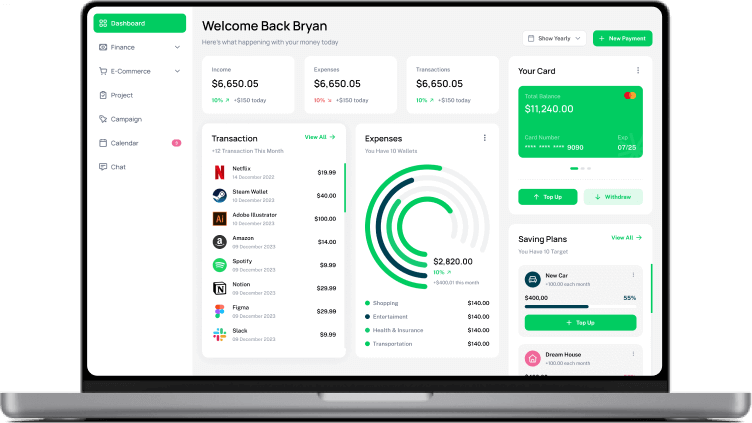Sales Key Performance Indicators (KPIs)
Definition: Key Performance Indicators (KPIs) in Sales are measurable values that demonstrate how effectively a company is at successfully selling its products or services. KPIs enable a sales organization and its sales manager to track performance and identify the need for change in the direction of sales activity most supportive of business success.
Detailed Explanation
The KPIs in sales are rather important because they track the success of sales initiatives and whether the work done by the sales team contributes toward a positive result in the growth of a company. Such indicators can be either qualitative or quantitative and greatly differ according to the strategic goals of the company and the specifics of the sales cycle.
Common KPIs among them
- Sales Revenue: The total amount of money realized from the sales of goods before any forms of deduction are made.
- Conversion Rate: The percentage of leads or prospects that turn into customers.
- Average Deal Size: Average value of each sales transaction.
- Customer Acquisition Cost (CAC): The sum total spent on getting a new customer, which includes all costs related to marketing and sales.
- Customer Lifetime Value (CLV): The total value a customer is expected to contribute to the business over the entire relationship.
- Lead-to-Opportunity Ratio: The percentage of leads that become qualified opportunities.
- Opportunity-to-Win Ratio: The percentage of opportunities that result in sales.
- Sales Cycle Length: The average time in days it takes to close a deal from the first contact.
- Quota Attainment: The percentage of sales representatives who achieved or exceeded their sales quota.
- Sales Growth: The change in sales revenue over a particular period, be it increased or decreased.
Relevance in Sales Process
- Performance Measurement: The KPIs, having set the benchmarks, provide for the effective measurement of individual and team performance against the set sales goals.
- Strategic Decision Making: Sales leaders can make informed decisions on how to allocate resources and make strategy adjustments by analyzing KPIs.
- Operational Efficiency: KPIs enable the identification of pressure points and inefficiencies in the sales process, allowing for appropriate corrective actions to be taken.
- Motivation and Alignment: KPIs are tools for the sales team that provide them with guidance and motivation through a well-defined goal; it also aligns their actions with the broader business objectives.
- Forecasting and Planning: KPIs are essential for forecasting future sales and implementing the necessary planning to achieve sales targets.
Real-World Examples
A telecommunications company is assessing the effectiveness of a new marketing campaign for market share growth through its sales revenue and conversion rates. The recalibration of strategies for maximum effectiveness is guided by the analyzed KPIs.
An e-commerce retailer uses average deal size and customer lifetime value (CLV) for customized marketing campaigns and ensures that the CLV is maximized through cross-selling strategies.
- How to Implement an Effective Sales Performance Management System
- Enhancing Sales Performance With Incentive Compensation Management
- How to Build Effective Sales Performance Reports for Driving Efficiency
- Key Features of Sales Compensation Technology for Optimal Performance
- Unlock Sales Success: How Flow Commission’s Automated Tracking Software Transforms Your Team’s Performance

